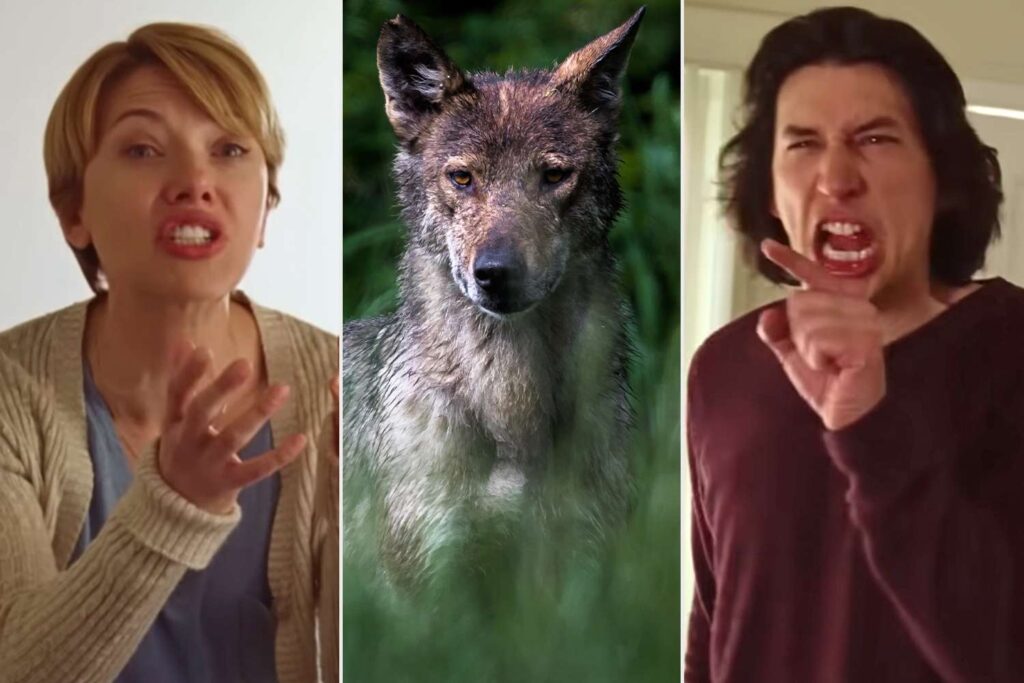NEED TO KNOW
The U.S. Department of Agriculture is getting creative in its attempts to protect livestock from predators.
A pack of gray wolves is “terrorizing” an Oregon farm’s livestock, The Wall Street Journal reported on Aug. 1. After suffering heavy losses, the USDA is resorting to unorthodox methods to deter the wolves: blasting the tumultuous fight scene from Marriage Story through drones and their loudspeakers.
The Prather Ranch, near the California border, lost an estimated 40 calves to lurking wolves, said owners Jim and Mary Rickert. But many of the wolves and predators causing harm to the ranch are endangered species, they noted, so deterring them through physical harm is forbidden.
“It’s basically like driving through Burger King, easy pickings for them,” Mary said.
Now, the ranch is proactively using drones equipped with speakers and bright lights as stand-in cowhands, WSJ reported. Any approaching wolf is met with a stark spotlight, plus recordings of alarming noises: gunshots, fireworks, Scarlett Johansson and Adam Driver fighting in Marriage Story and even AC/DC’s “Thunderstruck.”
Netflix
Thus far, the approach has been fairly successful. Paul Wolf, USDA district supervisor in Oregon, has spearheaded a federal study on “wolf hazing” through drone use since 2022, and he led the drone effort in the Klamath Basin in southern Oregon. There, wolves killed 11 cows in 20 days, but in the following 85 day-period in which the drones were used, only two cattle died.
“I need the wolves to respond and know that, hey, humans are bad,” Wolf said.
But there are costs associated with the drones deterring the wolves. Each drone costs thousands — Wolf recalled a pilot who was chasing a wolf away when the estimated $20,000 drone crashed into a tree and incurred damage to the thermal camera. Also, the meager battery life on some drones — some as short as 20 minutes — can prevent a mission before it’s begun.
WSJ joined Wolf and his team one night as they attempted to fend off the wolves. Throughout the pursuit, the drone pilots verbally yelled at the wolves through the speakers, put the predators in a spotlight and enlisted the help of Five Finger Death Punch’s “Blue on Black.”
Getty
Never miss a story — sign up for PEOPLE’s free daily newsletter to stay up-to-date on the best of what PEOPLE has to offer, from celebrity news to compelling human interest stories.
Wolf said the team likely saved a calf that night, but Jim Rickert worried the wolves might grow accustomed to the drones and adapt: “I’m kinda betting on the wolves, truth be known.”

